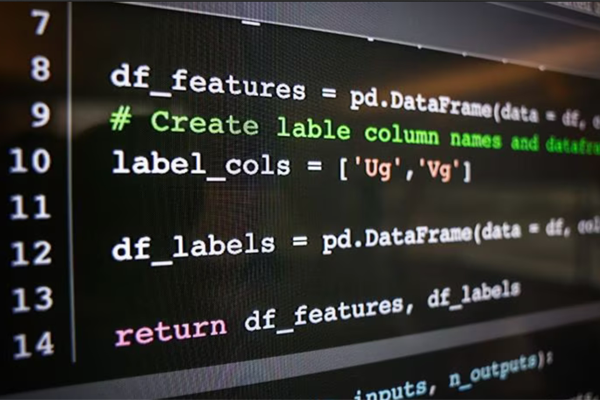
Excerpt from the Dayton Daily News
Artificial Intelligence is disrupting just about every area of life, and local researchers are using the technology in potentially lifesaving ways.
Graduate students under the direction of Tanvi Banerjee, professor of computer science and engineering at Wright State University, are creating their own machine learning models for health care applications. The projects at Wright State range from predicting caregiver burnout for dementia patients to measuring pain in patients with sickle cell disease.
Master’s degree student Tawsik Jawad’s research focuses on developing models to pre-emptively catch self-harming behaviors in anxious pre-teens. Anxiety in childhood can have far-reaching impacts on an individual’s physical and mental health as an adult, and not only would the model be able to analyze patterns of physiological symptoms and behavior, but may be able to alert parents and caregivers before things take a turn for the worse.
“When we think about proactive measures, it’s hard to do that. I think a model can give us those early warning signs,” Banerjee said. “Worst case, the model is wrong. But best case, it’s right and we are able to do something about it.”
Individualized precision medicine is among several “promising” areas of machine learning that will continue to progress rapidly, said Krishnaprasad Thirunarayan, professor of computer science and engineering at Wright State. Others include disaster response, tracking harmful and deceptive data like spam, phishing and misinformation, recommender systems, speech, image and video processing, autonomous vehicles, and cybersecurity, to name a few.

